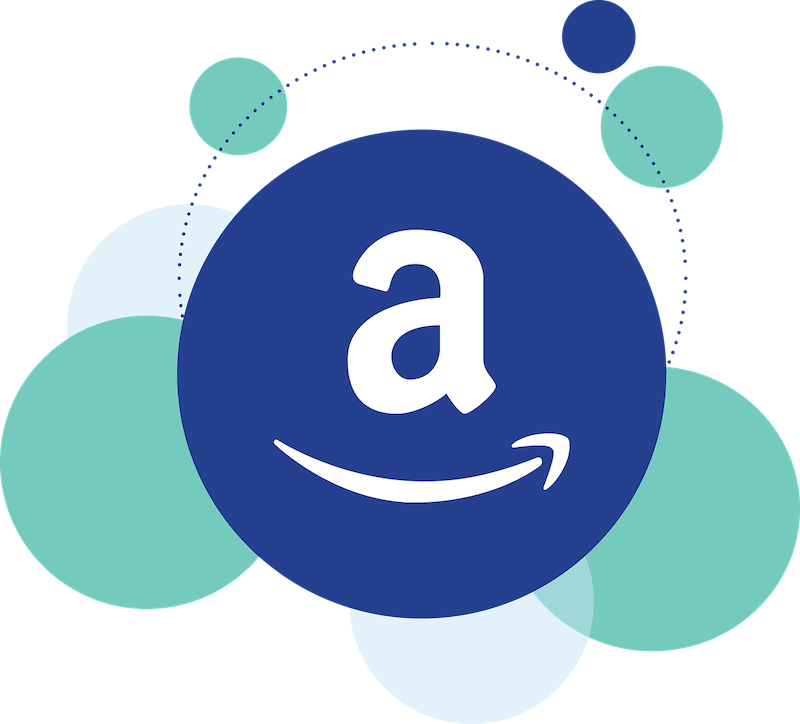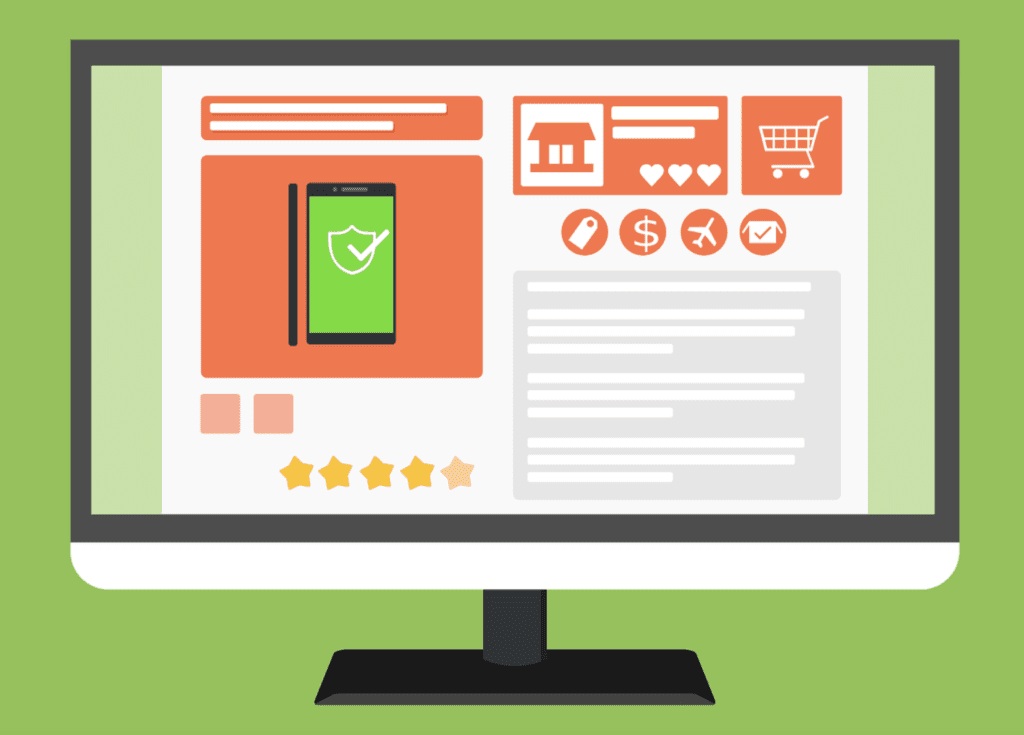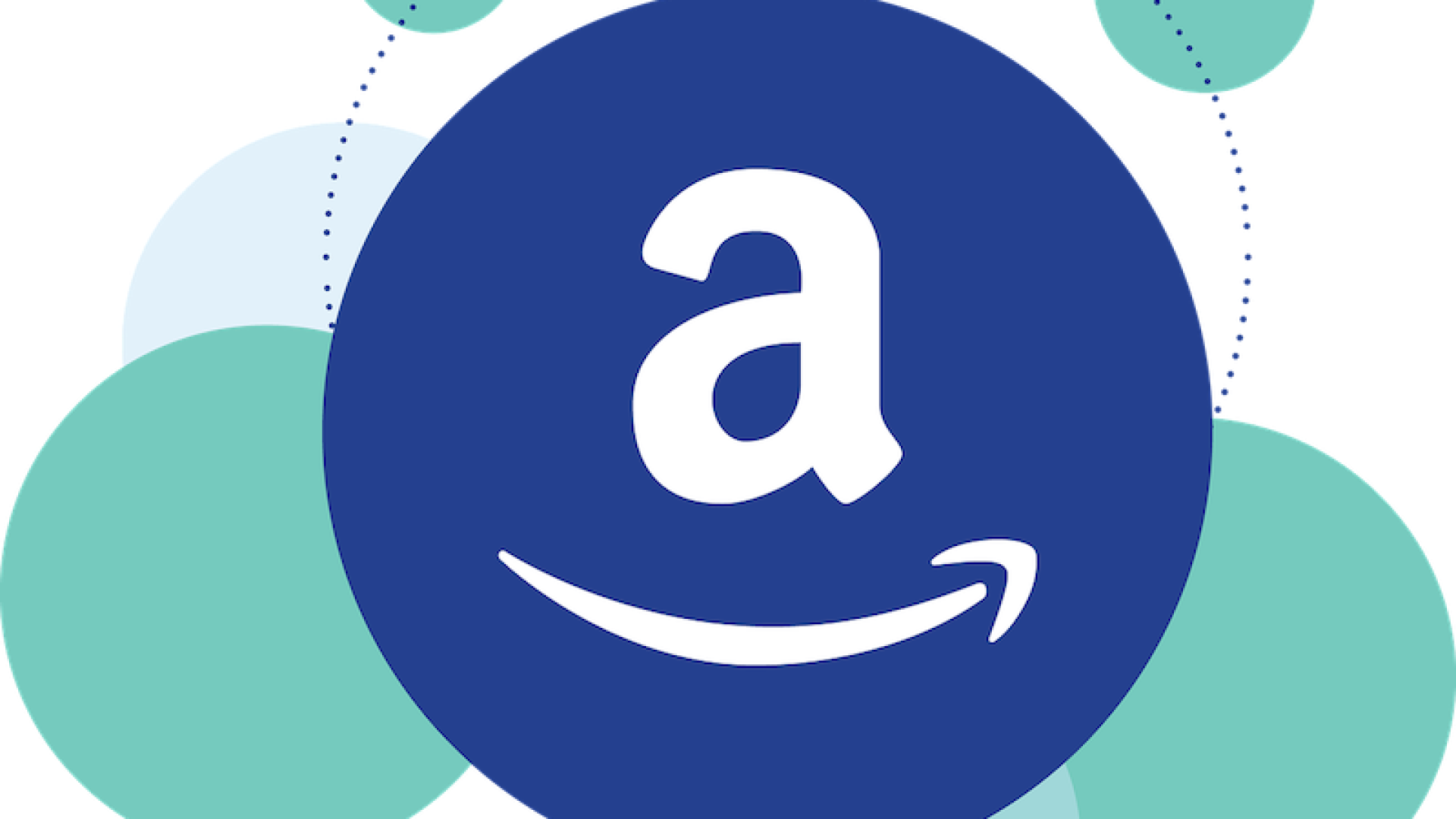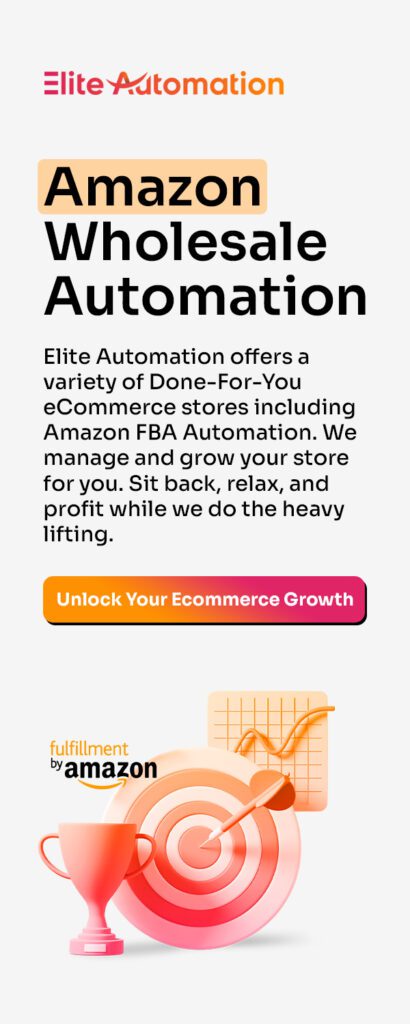If you’re an e-commerce entrepreneur, you’ve probably heard of both Amazon FBA (Fulfillment by Amazon) and Shopify selling. These are two of the most popular options for online sellers & each has its own unique set of benefits & drawbacks. In this blog post, we’ll take a deep dive into both Amazon FBA and Shopify selling, and help you decide which option is best for your business. Check out our Amazon vs. Shopify comparison in this helpful article.

What is Amazon FBA?
Amazon FBA (Fulfillment by Amazon) is a fulfillment service offered by Amazon. It allows sellers to store their products in Amazon’s fulfillment centers, where they are then packaged & shipped to customers. This service is particularly useful for sellers who don’t have their own warehouse or fulfillment infrastructure, or who want to outsource these tasks to focus on other aspects of their business.
Benefits of Amazon FBA
There are several benefits to using Amazon FBA for your eCommerce business:
Prime eligibility: One of the biggest advantages of using Amazon FBA is that it allows you to offer Prime shipping to your customers. This can be a major selling point, as Prime members are more likely to make a purchase from a seller that offers free, fast shipping.
Customer trust: Amazon is a trusted and well-known brand, and customers are generally more likely to make a purchase from a seller that uses Amazon FBA. This can help increase your sales and build customer loyalty.
Easy returns: Amazon FBA handles all returns for you, which can be a major benefit for sellers. This saves you the time and hassle of handling returns yourself, and can also improve the customer experience. This can lead to more positive feedback for you as an Amazon seller.
Global shipping: Amazon FBA allows you to ship your products to customers all over the world. This can be a major advantage if you want to expand your business internationally. Amazon makes it easy to grow your business on other marketplaces (i.e. Amazon Mexico, Amazon Canada, and European Amazon markets).
Drawbacks of Amazon FBA
While Amazon FBA has many benefits, it’s important to also consider the drawbacks:
Fees: Amazon charges fees for its FBA service, including fulfillment fees, storage fees & return fees. These fees can add up, particularly if you have a large volume of products or if you sell seasonal items that need to be stored in Amazon’s fulfillment centers for long periods of time. Also, keep in mind the $39.99/month selling fee as well as the ~15% fee taken from the gross sale amount of a product that you sell. Sellers must factor in all costs before pricing their items in their Amazon inventory.
Limited control: When you use Amazon FBA, you’re relying on Amazon to handle the fulfillment & shipping of your products. This can be a drawback if you want to have more control over the customer experience or if you have specific shipping & handling requirements.
Competition: Amazon is a crowded marketplace, and it can be difficult to stand out from the competition. This can make it harder to drive sales and grow your business on Amazon, especially if you’re just starting out. However, if you understand how to conduct ample product research & understand your competition, your store should perform relatively well.

What is Shopify?
Shopify is an eCommerce platform that allows merchants to create & manage their own online stores. It offers a wide range of tools and features to help sellers design, manage, and promote their stores, including customizable templates, inventory management, and marketing tools.
Benefits of Shopify Selling
There are several benefits to using Shopify for your eCommerce business:
Customization: One of the biggest advantages of Shopify is the level of customization it allows. You can fully customize the design of your store, and choose from a wide range of templates and themes to create a unique and professional look.
Control: When you use Shopify, you have complete control over your store & the customer experience. You can choose your own payment gateways, shipping carriers, and return policies, and you can also use Shopify’s various apps and integrations to further customize & streamline your store. You are also not subject to rules and regulations like you are on major marketplaces such as Amazon and eBay. Your store will not have much risk of incurring a suspension.
Marketing tools: Shopify offers a range of marketing tools & features to help you promote and grow your business. This includes email marketing, social media integration, and SEO optimization tools. Sellers can visit the Shopify App Store to access all sorts of free and paid plugins & apps that can increase store conversions.
Multiple sales channels: Shopify allows you to sell on multiple channels, including your own website, social media, & online marketplaces like Amazon, eBay, and Google Shopping. This can be a major advantage if you want to reach a wider audience and diversify your sales channels.
Drawbacks of Selling on Shopify
As with any platform, there are also drawbacks to using Shopify:
Cost: While Shopify offers a variety of pricing plans, it can be more expensive than other e-commerce platforms. This can be a major drawback for small businesses or startups that are looking to keep costs low. Also factor in that since you are not selling on a major marketplace, you’ll also have to drive your own traffic to your web store. This means developing a marketing budget & plan accordingly to get customers to your eCommerce store.
Limited storage and fulfillment options: While Shopify does offer some fulfillment & storage options, it may not be as comprehensive as other options like Amazon FBA. This can be a drawback if you have a large volume of products or if you want more advanced fulfillment options.
Learning curve: Shopify has a lot of features & tools, and it can take some time to learn how to use them effectively. This can be a drawback for sellers who are new to e-commerce or who don’t have the time or resources to invest in learning the platform.

Which is Better: Amazon FBA or Shopify?
So, which option is better: Amazon FBA or Shopify? The answer really depends on your business & what your goals are. Here are some factors to consider when deciding between Amazon FBA and Shopify:
Your target audience: If you’re targeting Prime members and want to offer fast, free shipping, Amazon FBA may be a good option. However, if you want to have more control over the customer experience & branding, or if you want to target a more specific audience, Shopify may be a better choice.
Your products and inventory: If you have a large volume of products or seasonal items that need to be stored, Amazon FBA may be a more cost-effective option. However, if you have a smaller inventory or more specialized products, Shopify may give you more control & flexibility.
Your budget: If cost is a major factor, Amazon FBA may be more affordable, as it doesn’t require you to set up & maintain your own website. However, if you’re willing to invest in a more comprehensive eCommerce platform, Shopify may offer more value in the long run.
Your experience and resources: If you’re new to eCommerce or don’t have a lot of time or resources to invest in learning a new platform, Amazon FBA may be a simpler option. However, if you’re more experienced and willing to put in the time & effort to learn and customize a platform like Shopify, it may offer more long-term benefits.

Wrapping Things Up
In summary, the decision between Amazon FBA and Shopify will depend on your specific business needs & goals. Both options have their own set of benefits and drawbacks, and what works for one business may not work for another. It’s important to carefully consider your options and choose the platform that best aligns with your business model and goals. We hope our comparisons help you make an informed decision.
To get set up with an automated Shopify store or an automated Amazon FBA store, get in touch with us here at Elite Automation where we do the majority of the work for you.

